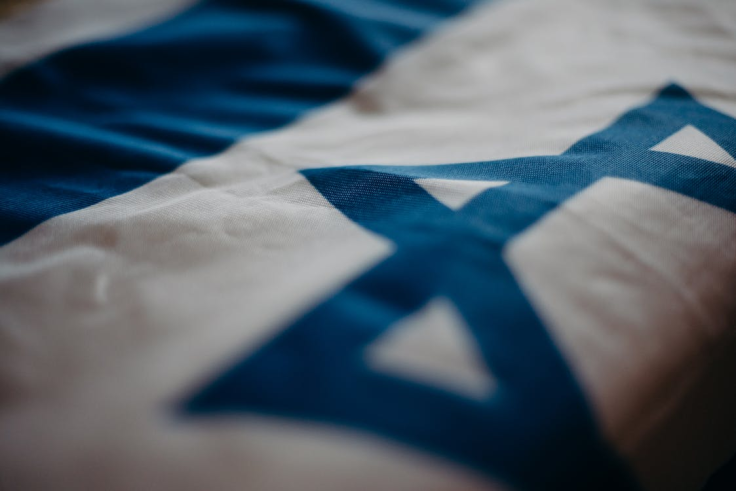The University of Pennsylvania finds itself at the center of a congressional inquiry as the House Education and Workforce Committee, chaired by Representative Virginia Foxx, demands documents and communications related to the university's response to antisemitic incidents since January 2021. This move follows a similar request to Harvard University and marks an escalation in the committee's efforts to address and combat antisemitism on college campuses.

Foxx's Inquiry
Representative Virginia Foxx's 14-page letter to the University of Pennsylvania outlines a comprehensive request for information, encompassing 24 different items. The committee seeks insights into how the university has tackled antisemitic incidents, its strategic plan to combat antisemitism, and its initiatives for recruiting and retaining Jewish students. Foxx's letter underlines the committee's concerns regarding "deeply troubling incidents and developments" at Penn over the past few months, which include instances of antisemitic vandalism, harassment, and controversial decisions such as hosting the Palestine Writes Literature Festival.
Harvard's Precedent
The committee's action follows a similar request to Harvard University, which Foxx criticized as "woefully inadequate." Harvard subsequently turned over documents this week, signaling the university's willingness to cooperate. However, the ongoing scrutiny and concerns about the initial response indicate the challenges universities face in addressing antisemitism while upholding principles of free speech and academic freedom.
Incidents at the University of Pennsylvania
The incidents cited in Foxx's letter shed light on the multifaceted nature of the challenges faced by Penn. Antisemitic vandalism and harassment are mentioned, along with the university's decision to host the Palestine Writes Literature Festival. The festival featured speakers who have made antisemitic comments, raising questions about the university's commitment to fostering an inclusive environment for all students. The letter also highlights statements from Penn faculty expressing support for the people of Palestine or criticism of Israel.
Foxx's Critique of Penn's Response
Foxx's letter criticizes Penn's response to antisemitism, accusing the university of a double standard. The letter alleges that Penn tolerates antisemitic incidents while suppressing other expressions it deems problematic. Foxx specifically points to the university's handling of a call for sanctions against Amy Wax, a law professor at Penn facing scrutiny for controversial remarks. The committee aims to explore these inconsistencies and understand the university's approach to free speech and combating hate speech on its campus.
Scope of Document Requests
The committee's document request extends beyond specific incidents, delving into various aspects of the university's policies and practices. This includes documents related to the boycott, divestment, and sanctions (BDS) movement against Israel, materials from Penn's diversity, equity, and inclusion offices concerning Jewish students and antisemitism, and information about donations and funding from Qatari sources. These requests reflect the committee's commitment to a comprehensive examination of Penn's actions and policies.
Penn's Deadline and Potential Ramifications
The University of Pennsylvania has been given a deadline of February 7 to respond to the committee's document request. The looming deadline raises questions about the university's preparedness to address the committee's concerns adequately. Failure to comply could potentially lead to more significant consequences, as Foxx has not ruled out the possibility of employing "compulsory measures," including subpoenas.
The House Education and Workforce Committee's inquiry into antisemitism at the University of Pennsylvania underscores the growing scrutiny faced by academic institutions regarding their responses to hate speech and discriminatory incidents. As universities navigate the delicate balance between free speech, inclusivity, and combating antisemitism, the outcomes of these investigations may shape future policies and practices on campuses nationwide. The University of Pennsylvania's forthcoming response will be closely watched, as it navigates the intricate intersection of academic freedom, free speech, and the imperative to create a safe and inclusive environment for all students.
© 2025 University Herald, All rights reserved. Do not reproduce without permission.








